Born in Simla in India in 1938, Shahid Javed Burki grew up in Rawalpindi and studied mathematics at Government University College, Lahore and physics at Punjab University before going to Oxford to study economics. He returned to Pakistan to work in the planning commission and then joined the World Bank in 1974 as a Senior Economist, becoming the first Director of the China Department and subsequently Regional Vice President for Latin America and the Caribbean. In 1996, Burki took a leave of absence from the World Bank to serve as de facto Finance Minister in Pakistan. After retiring from the World Bank, he co-founded what went on to become the Shahid Burki Institute of Public Policy at NetSol, an independent, not-for-profit organisation that promotes rights and evidence-based policymaking. This narrative is excerpted from an interview with the Rhodes Trust on 19 November 2024.
Shahid Burki
Pakistan & Christ Church 1960

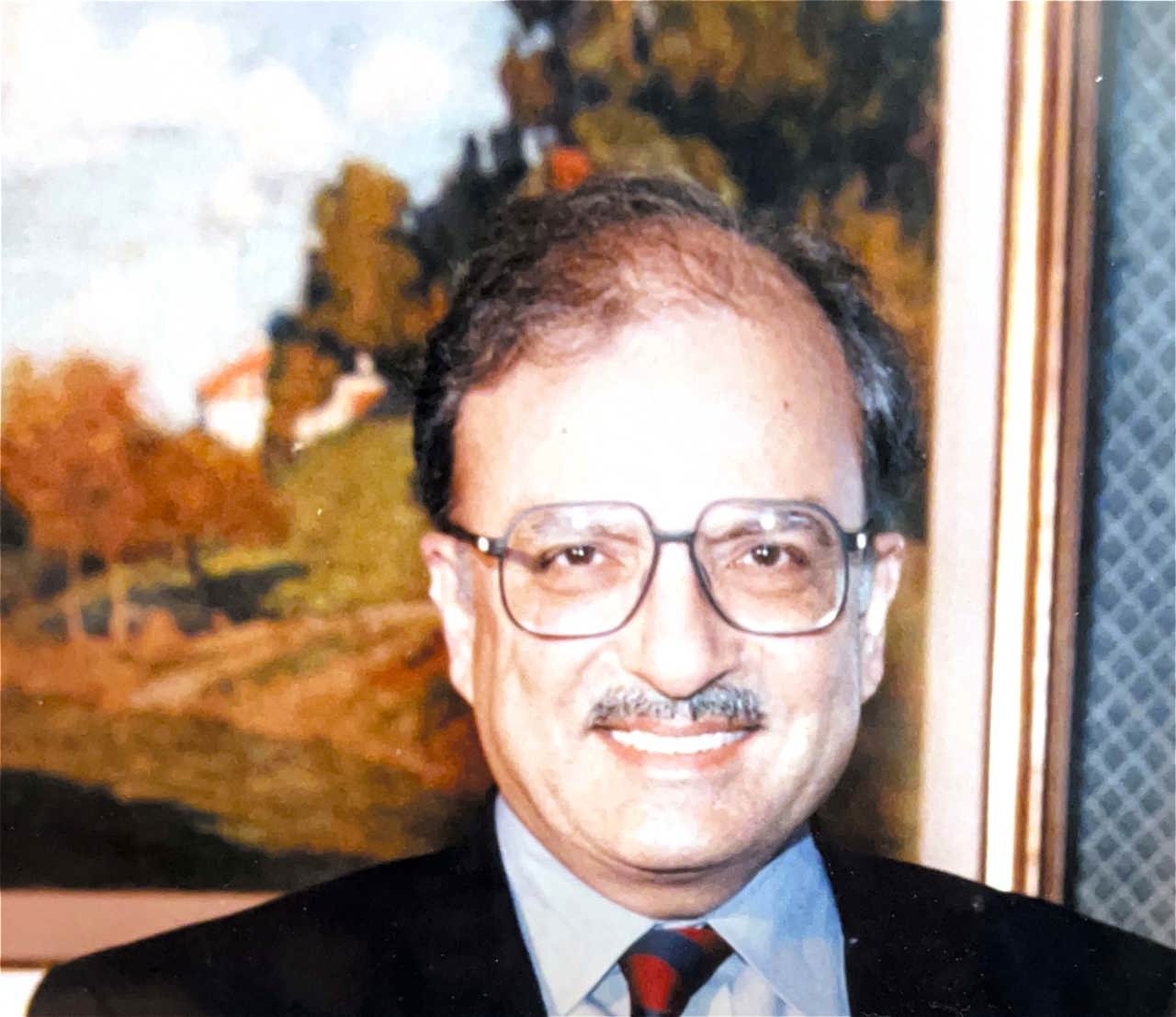
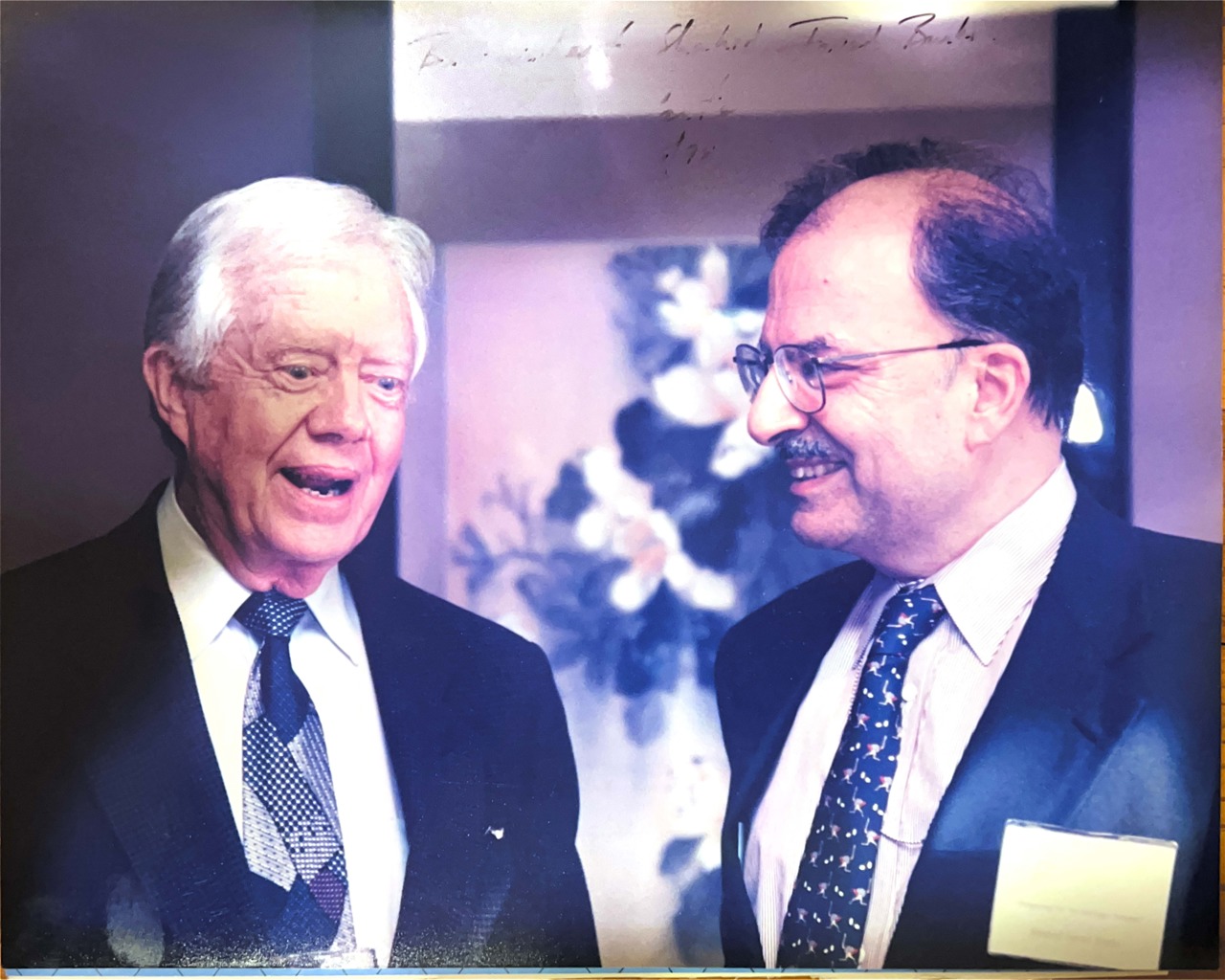
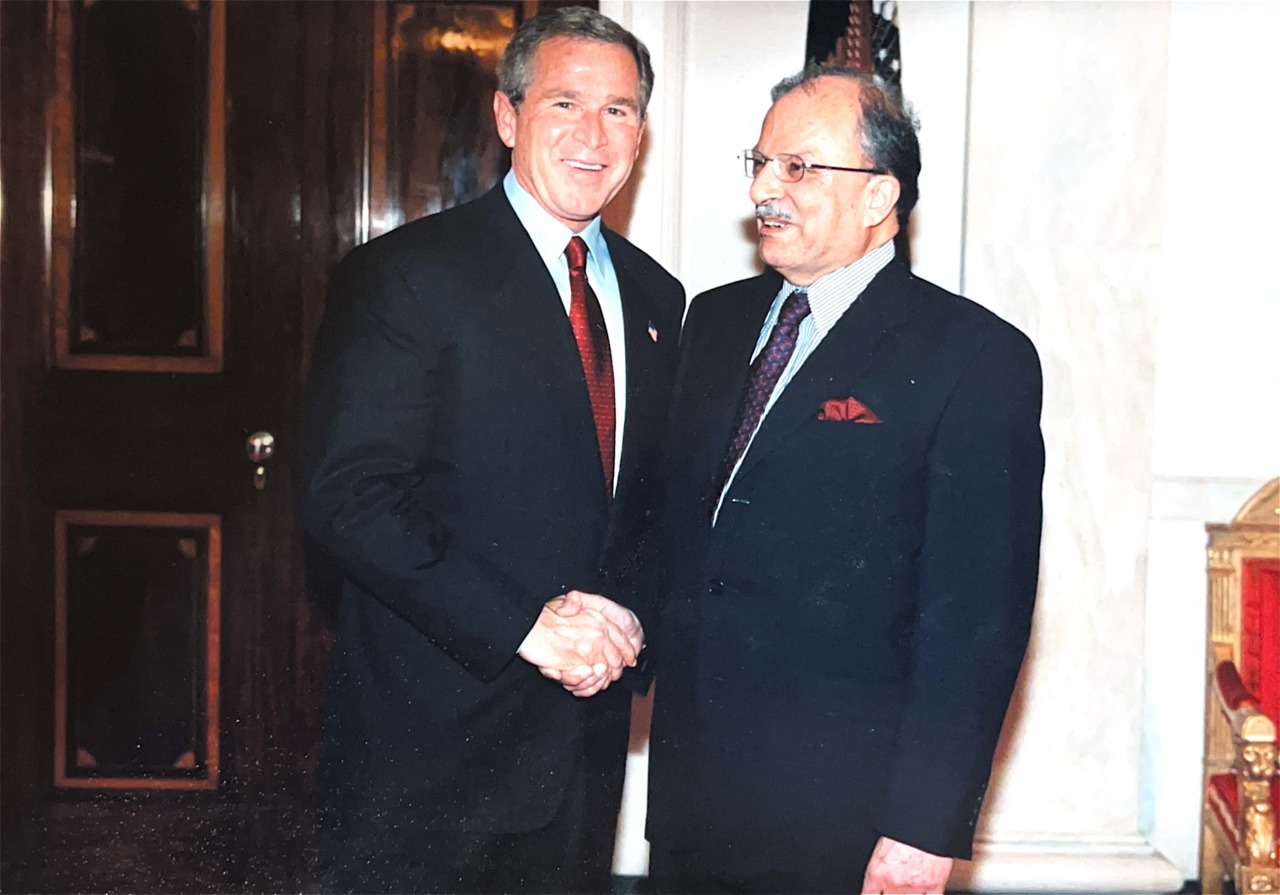
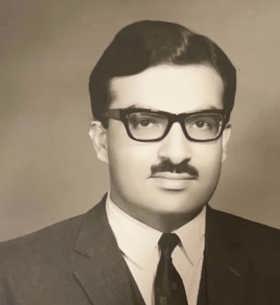
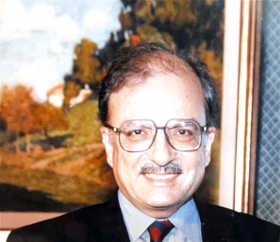
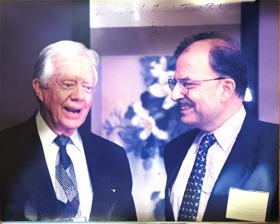
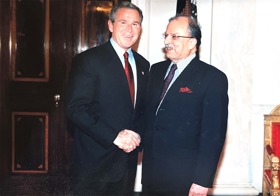
‘We were very comfortably settled’
I was born in Simla, a hill station in India, where my father was working as a civilian for the British Indian Army. After the British left and India became independent in 1947, he was working on creating a Pakistani army, pulling out Muslims from the various battalions. But there was a lot of killing of Muslims in India at that time, and my father told his boss that, while he would stay on and finish his work, he wanted his family to be flown out. So, when I was eight years old, we moved to Rawalpindi.
We were very comfortably settled in Rawalpindi. I joined a school called Presentation Convent which was run by British priests and nuns, and later, I went to the new St Mary’s boys’ school. Our teachers there were all priests and I became very close to one of my teachers, Father Burns, who was a very interesting fellow. He taught us English, and my favourite subject then was English literature, though I was also very good at mathematics, which is what I went on to study at university.
On applying for the Rhodes Scholarship
I was thinking of applying for the Rhodes Scholarship, but my mother, who was a very strong-willed woman, wanted me to join the civil service instead. 1960 was a very eventful year for me: I sat for the civil service exam, I applied for the Rhodes Scholarship and I did my MSc in physics, and I did well in all three. But my mother insisted that I should join the civil service, and that’s what I did. When I met the head of the Pakistani civil service, who was an Englishman, he said, ‘Are you the guy who gave up the Rhodes Scholarship?’ I said, ‘I plead guilty. Yes.’ He asked whether I realised how prestigious the Scholarship was, and I said, ‘I fully realise, but I happen to be the son of a very strong-willed mother.’ He said, ‘Let me do a deal with you,’ and he went to the government and asked for two years’ leave of absence for me from the civil service so that I could go to Oxford. He said, ‘Tell your mother that you ran into a strong-willed Englishman who was insisting that you go to Oxford and be a Rhodes Scholar.’
‘A wonderful experience’
Going to Oxford was a wonderful experience. Because I had studied in missionary schools with teachers from England, there was no cultural shock and I found it easy to settle in. At that time, students had scouts, who were sort of personal butlers. My scout’s name was George, and after he had introduced himself, the student in the room next to me came to tell me, ‘George has a problem with you.’ It turned out, George had said to this other student, ‘I was in the Indian British Army, and people like Mr Burki used to polish my shoes, and now I’m expected to do that for him.’ So, I called George in and I said, ‘You’re talking about 13 years ago. The world has changed, and you should change with it.’ After that, he and I had a very good relationship.
I had wanted to do a DPhil in physics, because I already had a master’s in physics, but because I was only in Oxford for two years, I was told I would have to do the undergraduate degree instead. After a week, my tutor in Christ Church asked how it was going and I said I was just going over things I already knew and I didn’t see the point. He suggested I should switch to economics, and that’s what I did. I was working on political economy and studying with the historian Robert Blake. I went to his room with my essay, which was about charisma and how it had helped both David Lloyd George and Winston Churchill rise to power. When I got there, there was another man in the room too, and Robert Blake asked if I would mind if this man stayed on to listen to my essay. I didn’t mind, and Robert Blake introduced him, saying, ‘His name is Anthony Eden.’ After I had finished, Eden said, ‘This is very well done, but did you know that I have generally been called the worst prime minister that Britain has had?’ I just said, ‘No, I did not know that.’
‘Some serious policy work was needed’
From Oxford, I returned to Pakistan and worked in economics, managing the Rural Works Program in the planning commission, which was funded by the United States. As part of that, I went to China to study the communes there. I collected data from 13 communes, and when I was at Harvard, one of the senior scholars there said, ‘Let’s take a look at the data that you have.’ I showed him, and he said, ‘This is a treasure. You should write a book.’ So, I wrote A Study of Chinese Communes, and that came to the attention of the people in the World Bank, and they offered me a job.
For eight years, I was director of the China programme run by the World Bank. I got to know the senior leaders of China very well, and when the president of the World Bank said that he wanted to see China, he and I travelled there together. A few weeks after we came back, he called me to his office and said that he wanted to promote me to be vice president in charge of Latin America. I said, ‘Why Latin America?’ because I had never visited Latin America, and I had no Spanish. He said, ‘The reason is, when I went with you to China, the Chinese told me how well you were doing, and that you were the type of person the World Bank should use for large countries.’ And he said, ‘We have a very bad relationship with Brazil, so, I want to send you to Latin America and fix that relationship.’ So, I landed in Latin America. I served as vice president of Latin America for seven years, and visited all but one of the countries there.
I would say that without any doubt the hardest thing I have done in my career was serving as de facto Finance Minister of Pakistan. I did it for only for a very short period time, after Benazir Bhutto’s fall from power, and the World Bank gave me a period of leave so that I could return to Pakistan. When I arrived, I found that the country was going bankrupt and was going to default. I told the then president, Farooq Leghari, who had no idea that things were so bad. I also explained that the prime minister of China had said that if I ever needed anything, I should not hesitate to be in touch. So, I flew to China and asked if they would be able to help. They agreed to give $500 million to Pakistan, and China continues to invest in Pakistan today.
When I came to retire from the World Bank, it was clear that Pakistan was in very bad shape. Some serious policy work was needed, and a good friend of mine suggested that he and I should found an institute to do this. It began at Beaconhouse National University, where my friend was vice chancellor. When he retired from that position, the university stopped funding it, and at that point, I decided to put my own money in, and it became the Burki Institute of Public Policy. We offer scholarships, for example, to young women from low-income families to study various aspects of healthcare, and we also publish policy papers, including an annual report called The State of the Economy, focusing on a different economic issue each time.
‘Development experts are needed’
I would very much advise today’s Rhodes Scholars to study economics and to study the development part of economics, because many Rhodes Scholars come, as I did, from countries where development experts are needed. The World Bank has an extremely interesting scheme, The Young Professionals Program, which is a bit like the Rhodes Scholarship. They hold an examination for young people who want to join, and who then rise very rapidly, because they have been specially recruited. It’s a great place to work, and you can do a lot if you are interested in development, in economics, in finance. All of that matters a great deal.
